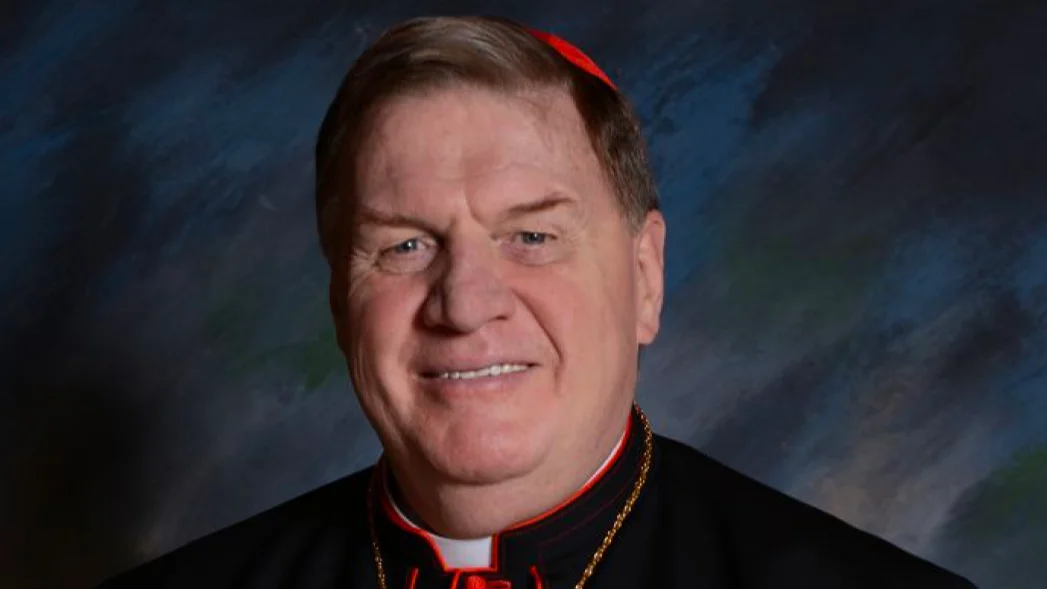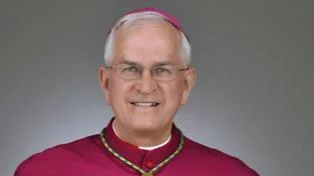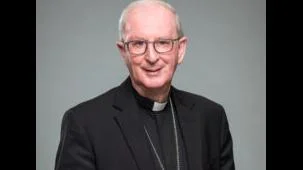
Cardinal Joseph W. Tobin, C.Ss.R., D.D. Archbishop | Archdiocese of Newark website
Cardinal Joseph W. Tobin, Archbishop of Newark, has issued a message to the Catholic community reflecting on the concept of the "common good" and its role in guiding faithful citizenship. Drawing from recent remarks by Pope Leo XIV to international Catholic legislators, Cardinal Tobin emphasized Saint Augustine’s vision of the City of God, which is “based on love for God to the point of selflessness, characterized by justice, charity and humility.”
Citing the Second Vatican Council’s Pastoral Constitution Gaudium et Spes, Cardinal Tobin noted that this vision concerns real conditions that foster human flourishing. He wrote, “To achieve this state, Gaudium et Spes teaches that ‘constant changes in society are needed so that it everywhere conforms more closely to truth, justice, love and freedom. The Spirit of God… urges us all to build our society with this goal.’”
Cardinal Tobin highlighted the Catholic Church’s longstanding social teaching tradition on issues such as social justice and human rights. He referenced Pope Leo XIII’s 1891 encyclical Rerum Novarum as foundational for modern Catholic social thought and drew parallels between societal challenges during the Industrial Revolution and current developments in artificial intelligence.
He stressed that effective pursuit of the common good requires actions rooted in fundamental principles of human dignity: “And since each one of us is a person with human dignity, everyone must have access to what is necessary for a truly human life: physical security, rights to free choice in family life, education, employment [and] rights to respect, information, acting according to conscience, privacy and religious freedom” (Gaudium et Spes #26).
Quoting Pope Leo XIV directly, Cardinal Tobin stated: “The future of human flourishing depends on the ‘love’ we choose to organize our society—selfish love or love for God and neighbor.” He continued by noting Pope Leo’s call “to work for a world where power is controlled by conscience and law serves human dignity,” while rejecting defeatist attitudes toward change.
Cardinal Tobin called for renewed political engagement focused on moral principles and defense of life: “Our society urgently needs renewed politics centered on moral principles, defense of life, needs of the weak and pursuit of the common good.” He pointed out that such participation aligns with both Church teaching and national traditions.
He explained Catholic social teaching as central to faith: it arises from biblical prophets’ calls for justice and Jesus Christ’s identification with those most in need. The Catechism underscores recognizing Christ in the poor when receiving Communion.
Catholic social teaching also affirms every person’s inherent dignity from conception until natural death. This commitment should be strengthened through spiritual life and conversion of heart.
Pope Leo XIV addressed participants at an international meeting by recalling Saint Augustine’s distinction between two cities—the City of Man built on pride and self-interest versus the City of God built on selfless love. According to Pope Leo XIV: “This theological vision can serve as an anchor amid changing currents today: new centers of gravity… global corporations and technologies… violent conflicts.”
He cautioned against equating flourishing solely with material comfort or individual autonomy. Instead he advocated for integral human development across physical, cultural, moral and spiritual dimensions: “True human flourishing comes from what the Church calls integral human development… when individuals live virtuously… enjoying not only what they have but who they are as children of God.”
The message concluded with a prayer invoking Jesus as Prince of Peace: “May our Blessed Mother Mary inspire us to seek truth… worship God… raise families in peace.”





 Alerts Sign-up
Alerts Sign-up